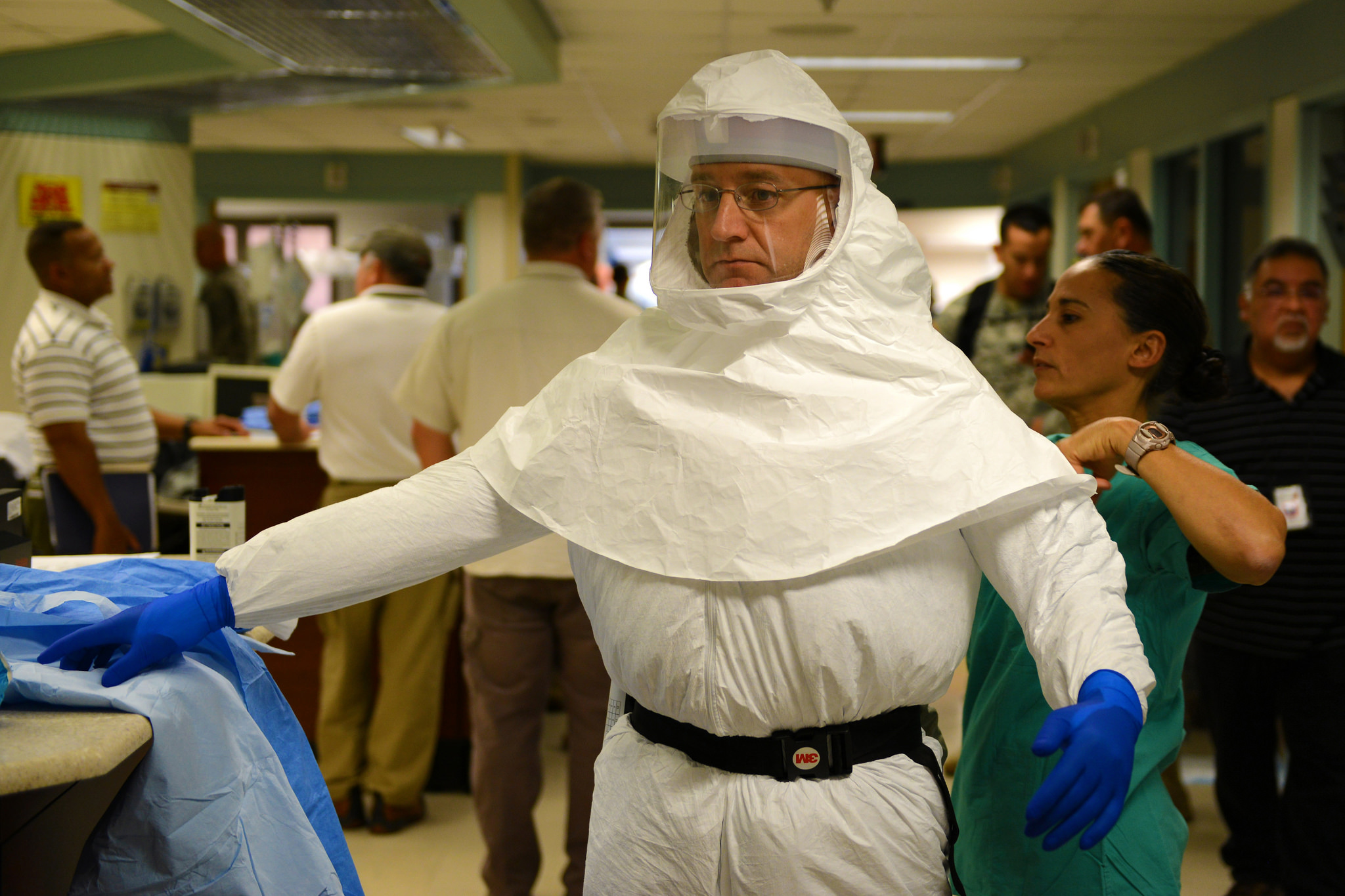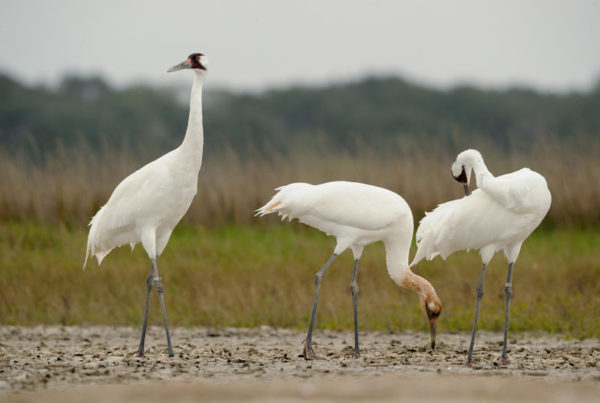From Texas Public Radio:
In October 2014, Thomas Duncan died of Ebola in Dallas, but not before infecting two nurses. They recovered, but if that small outbreak of a deadly disease endemic to sub-Saharan Africa reminded us of anything, it’s that viruses have no borders.
So, researchers in the U.S. are working hard to better understand viruses like Ebola and how to fight them, and one of them is Texas Biomedical Research Institute scientist Olena Shtanko. She says there is evidence out there suggesting some people who are already infected with malaria do better if they are infected with the Ebola virus, but there is also evidence suggesting the opposite. So she decided to get to the bottom of this discrepancy.
“We are going to infect mice with [the] malarian parasite, and then these mice are going to be challenged with the Ebola virus, and we are basically going to ask a question: Is [the] malarian parasite protective or not?”
She has a theory, and she hopes to find out if she’s right: “It is the acute, recent infection by malaria that is protective of Ebola. On the other hand, chronic infection with the parasite actually makes individuals more susceptible to infection with Ebola.”
Shtanko’s interest with this research goes beyond malaria versus Ebola; it’s about really understanding the human immune system and its response to Ebola infection.
“We have not been studying this, ever – we actually don’t understand anything about it. So, this is going to open a brand new avenue for us to know how to target the diseases – not only Ebola, but other diseases that act on us in a similar manner,” Shtanko says.
The National Institutes of Health has given the Texas Biomedical Research Institute a grant for this study, which will take place over the next two years.















